

IVF(Vitro Fertilization), is a complex series of procedures designed to assist with fertility and aid in conception. During the IVF process, mature eggs are retrieved from the ovaries and fertilized by sperm in a laboratory setting. The resulting fertilized egg, now called an embryo or embryos, is then transferred to the uterus. A full IVF cycle typically takes around 2-3 weeks, although sometimes the process may be divided into different parts, extending the timeline.
The success of IVF depends on various factors, including age and the cause of infertility. Recent statistics indicate that women under 35 often have a 40 percent chance of conceiving naturally or with the assistance of medication, reducing the necessity for IVF. However, for women over 40, the probability drops to only 12 percent. This underscores the importance of seeking specialist advice early, as even a few years can significantly impact the range of available options.
During your initial visit, our doctors will provide comprehensive information about how IVF works, discuss potential risks, and assess whether this method of treating infertility is suitable for you.
While the success rates have been steadily increasing across all age groups due to advancements in techniques compared to a decade ago, it's crucial to have skilled, experienced, and compassionate doctors overseeing your care. At Cambridge Hospital, we take pride in being one of the leading healthcare facilities with a dedicated team committed to your well-being.
IVF is typically considered after other methods such as fertility drugs and intrauterine insemination (IUI) have been unsuccessful. However, it may also be chosen as a primary treatment for infertility, especially for women aged 40 and above.
Some conditions that may necessitate IVF include:
Past fallopian tube ligation or removal.
Here are the different steps involved with IVF.
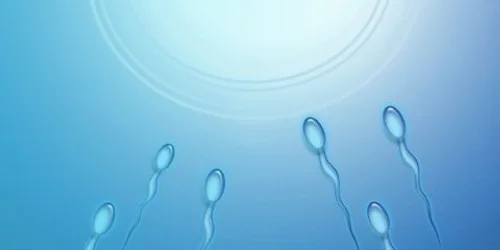
During this phase, medications are administered to stimulate the ovaries to produce multiple eggs, unlike in a regular ovulation cycle where only one egg typically develops. Various medications are used to facilitate different aspects of the process, including ovarian stimulation, oocyte (egg) maturation, prevention of premature ovulation, and preparation of the uterine lining.
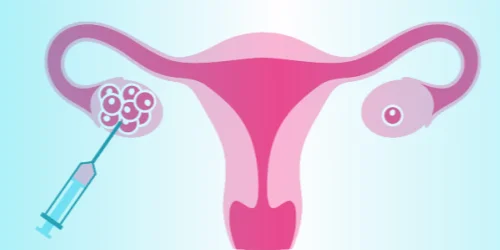
Eggs are retrieved at the clinic following the final injection and before ovulation occurs. During this procedure, you will be sedated and provided with pain medication to ensure comfort.
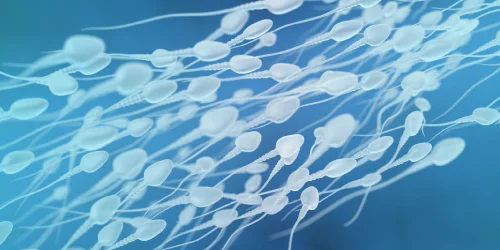
The sperm sample is collected from your partner through masturbation on the morning of egg retrieval. In cases of male infertility, donor sperm or frozen sperm can be used as alternatives.
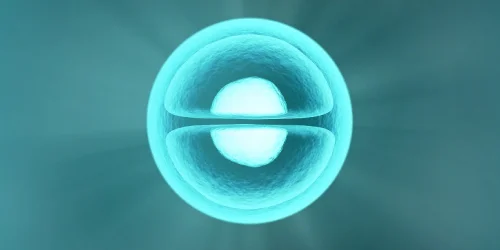
Fertilization occurs when healthy sperm are mixed with mature eggs and incubated. Alternatively, a method called Intracytoplasmic Sperm Injection (ICSI) involves injecting a single healthy sperm directly into each mature egg.
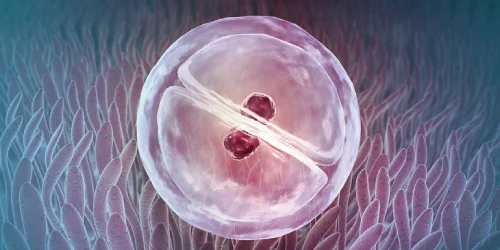
Two to five days after egg retrieval, the embryo transfer procedure is performed. Mild sedation may be used, and the procedure is typically painless. The specialist inserts a catheter into your uterus and places the embryo or embryos. If the transfer is successful, implantation of the embryo into the lining of your uterus typically occurs about ten days later.
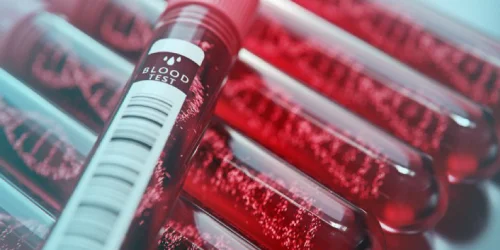
Two weeks after the embryo transfer, a blood test is conducted to measure the presence of the hCG hormone. A positive result typically indicates a pregnancy.
If you've been trying to conceive for a year without success, it may be time to consider IVF as a treatment option. You can schedule an appointment at Cambridge Hospital for a thorough diagnosis and to explore the best treatment options available.
If you've been attempting to conceive for a year without success, considering IVF as a treatment option is advisable. Booking an appointment with an expert at Cambridge Hospital can be beneficial, as it allows for a thorough diagnosis and exploration of appropriate treatment options tailored to your specific needs.
